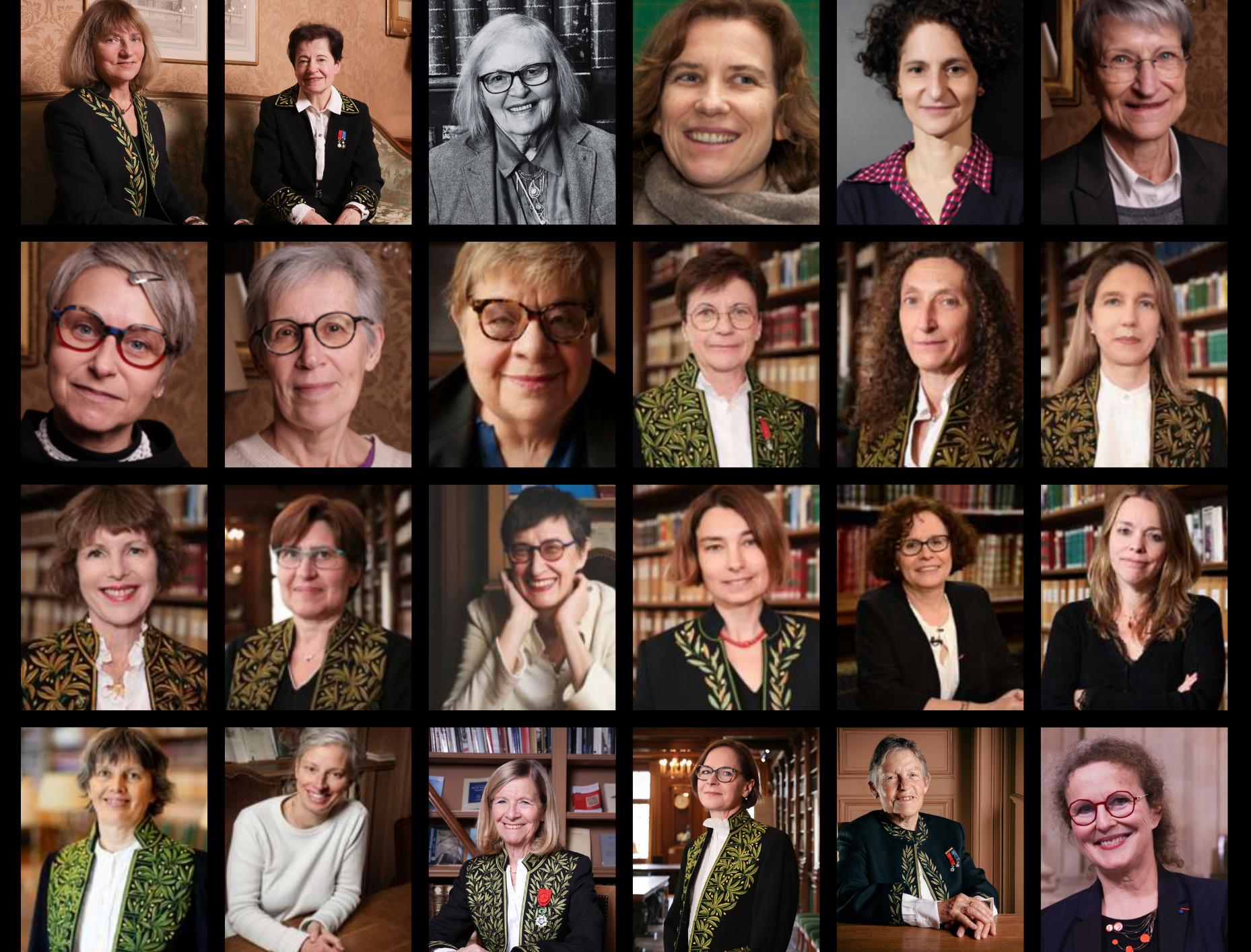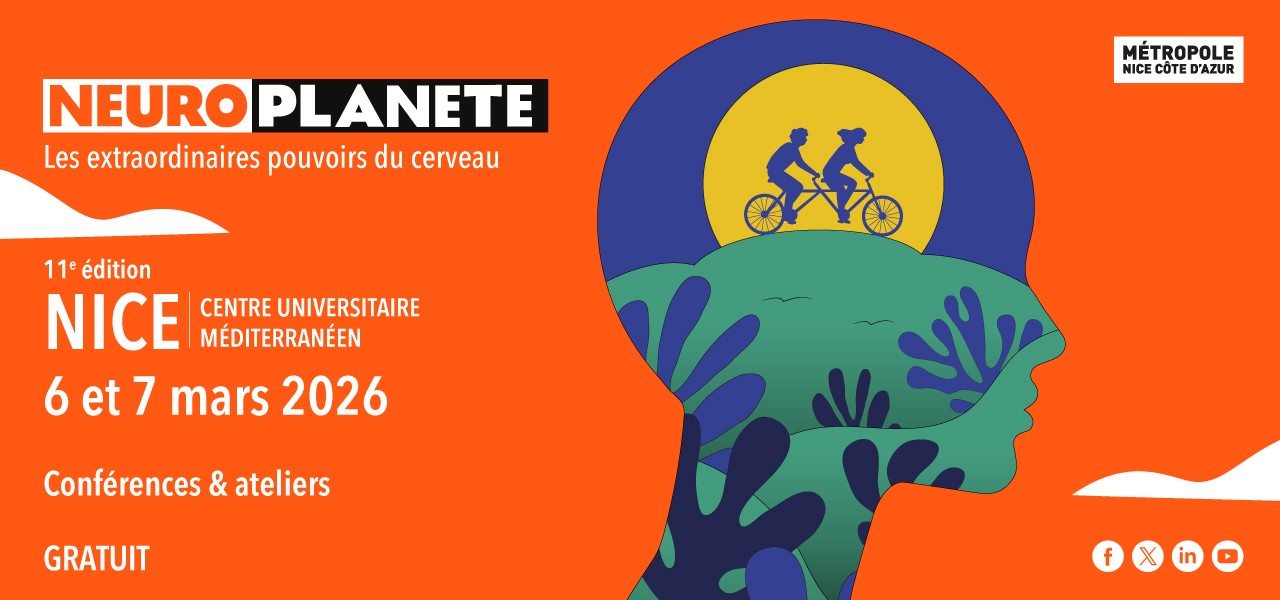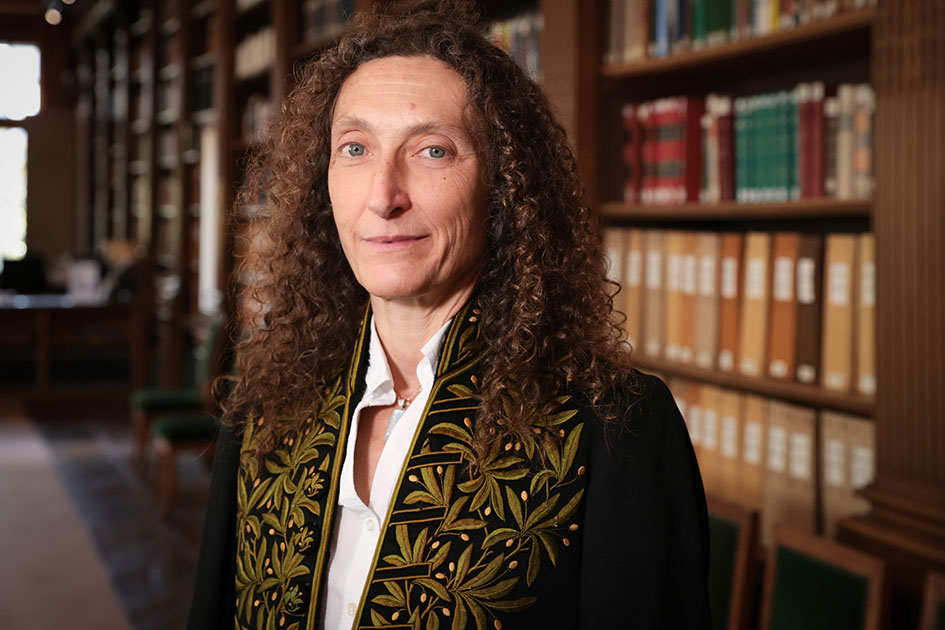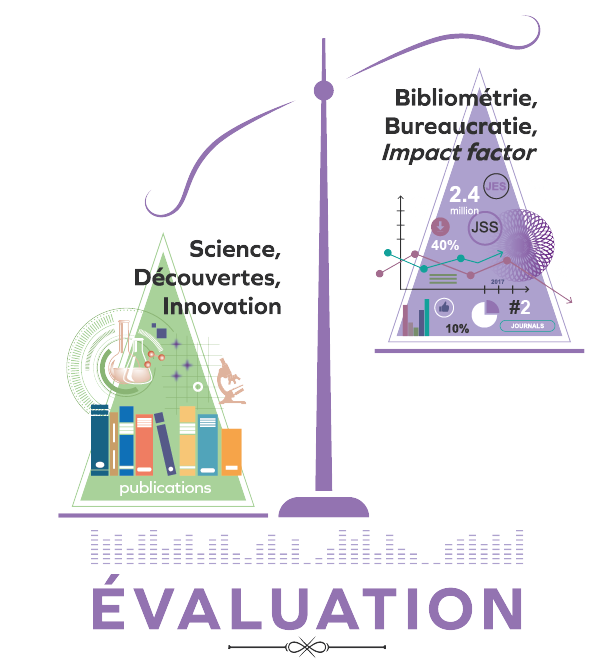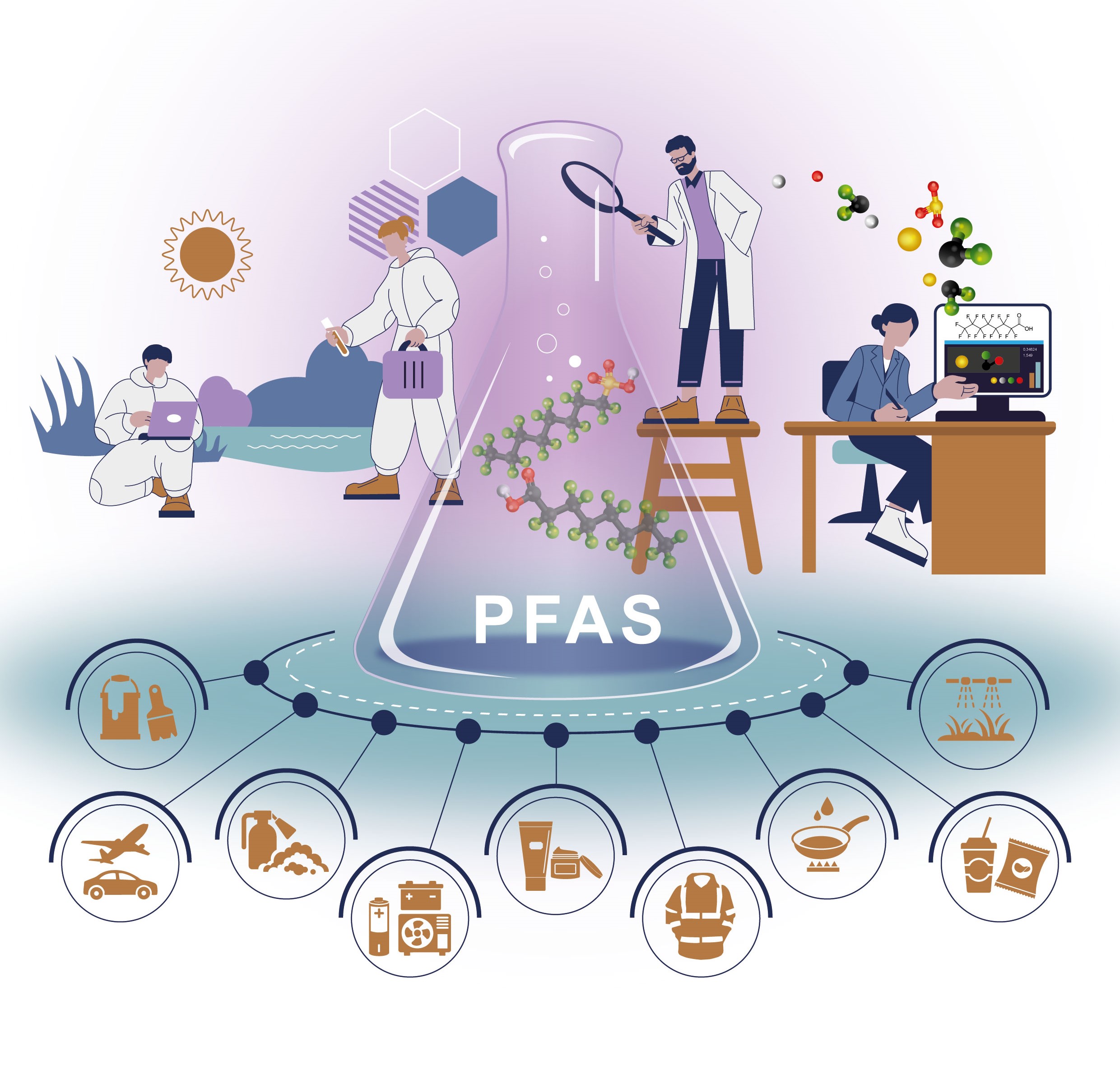
Our publications
The Academy's scientific journals are freely accessible to all. Among them, Vie des sciences is aimed more specifically at the general public, and strives to encourage dialogue between disciplines, as well as between science and any interested reader.

Thematic Committees
Our committees are forums for reflection and proposals dedicated to tackling cutting-edge, topical scientific issues.
They contribute to the formulation of informed and strategic reports and opinions.
Other online platforms
The French Academy of sciences newsletter
Get the latest news from the French Academy of sciences, upcoming events, new media releases, latest publications...
Your e-mail address will be used exclusively for sending our newsletters, in accordance with our privacy and personal data processing policy.
You may unsubscribe at any time by clicking on the link provided in each newsletter.



